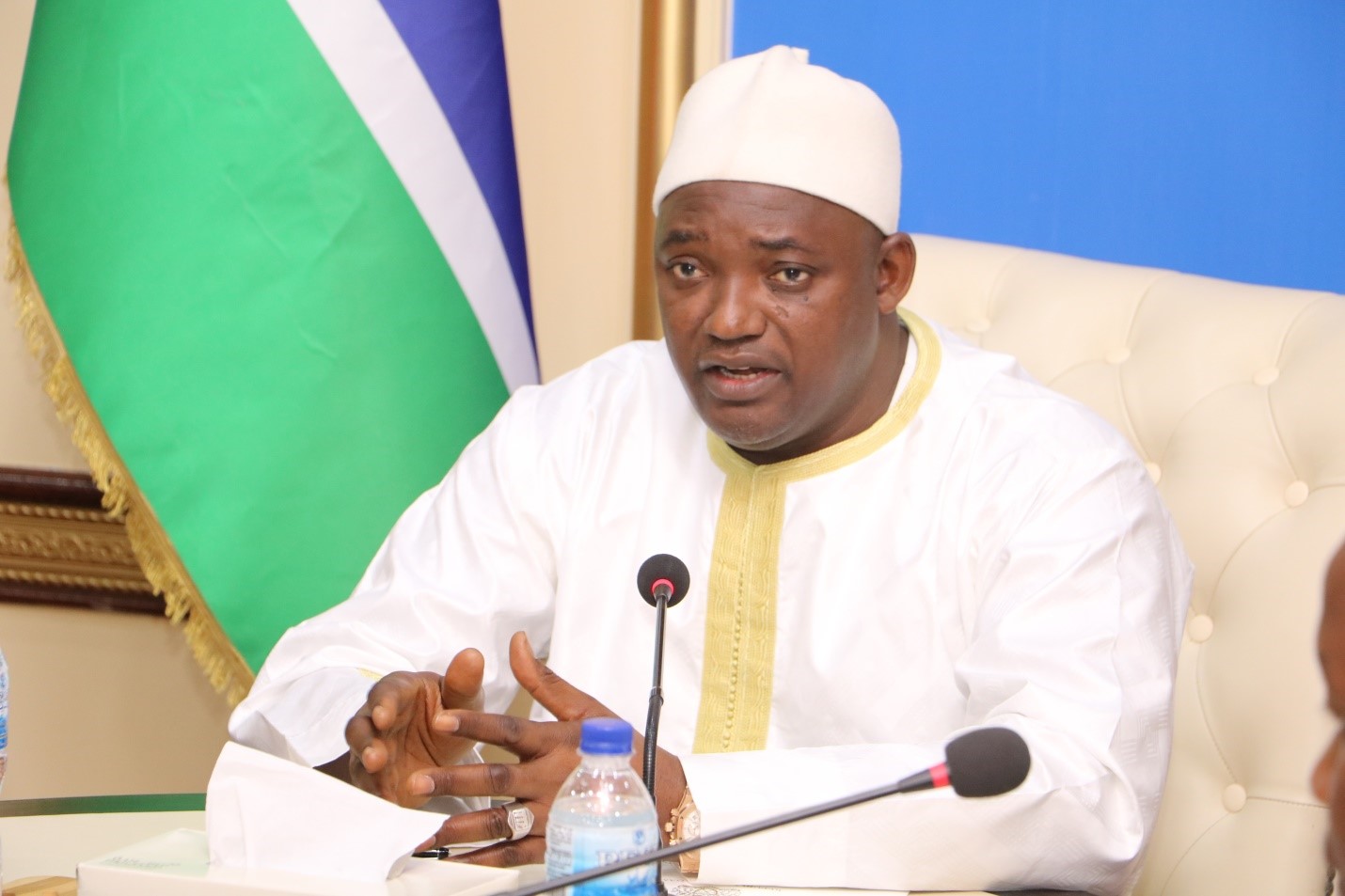By: Haddy Touray
The Speaker of the National Assembly, Fabakary Tombong Jatta, has observed that the withdrawal of Mali, Burkina Faso and Niger from ECOWAS calls into question the desirability of ECOWAS’s problem-solving mechanisms such as over-reliance on sanctions without adequate diplomatic engagement, handling of political transitions, security challenges and communication with affected populations.
Mali, Burkina Faso and Niger are referred to as Alliance of Sahel States.
FTJ made this disclosure at the Sir Dawda Kairaba Jawara Conference Center on Monday, where he presided over the opening of a five-day meeting of ECOWAS parliamentarians, who will be looking into the merits and demerits of the withdrawal of the Sahel States from the sub-regional body.
“As you take stock and deliberate on the impact of the withdrawal of the Alliance of Sahel States, do not lose sight of the fact that the departure of the Sahel States reflects a complex web of security concerns, geopolitical realignments, and institutional failures. It also calls into question the desirability of ECOWAS’s problem-solving mechanism, such as over-reliance on sanctions without adequate diplomatic engagement, handling of political transitions, security challenges, and communication with affected populations,” FTJ stated.
“Equally, it should be noted that the implications of the exit of the Sahel States have major consequences not just for the countries and ECOWAS but for the wider African regional integration process. The withdrawal also carries significant implications for ECOWAS coastal states,” he added.
The House Speaker expressed optimism that the resolutions that will emerge from the Banjul gathering would include strengthening the arm of parliamentary diplomacy to the Sahel States through constructive engagements and collaborations, noting that this will enable the political actors in the Sahel States to realize that their unilateral decision to exit the bloc would affect cross-border trade, financial transactions, and the movement of people.
He observed that this withdrawal will also pose significant challenges for citizens of these countries, adding that the citizens of these countries have to understand that choosing isolation over regional cooperation would result to economic isolation and increased maritime access costs as landlocked nations as well as the risk of reduced foreign direct investment due to perceived instability and limited market access.
“The withdrawal of Mali, Burkina Faso, and Niger on January 29, 2025, marks the most significant crisis in West Africa’s regional integration since the founding of ECOWAS in 1975. This second major rupture, after Mauritania’s exit in 2000 demands that we have frank and uncomfortable discussions on the best possible options to sustain the ideals of ECOWAS anchored on the principles of democracy, good governance, respect for rule of law and economic viability of all member states and the final integration of the African Continent,” Speaker Jatta posited.
He added: “It is, however, worth noting that despite the major setback the withdrawal represents, ECOWAS’s measured and pragmatic approach to the withdrawal of the Sahel states by establishing transitional arrangements to preserve crucial privileges for citizens of these countries, including recognition of ECOWAS-branded documents, trade benefits, visa-free movement rights, and support for ECOWAS officials from these nations shows the commitment to building bridges for cooperation and is highly commendable.”





